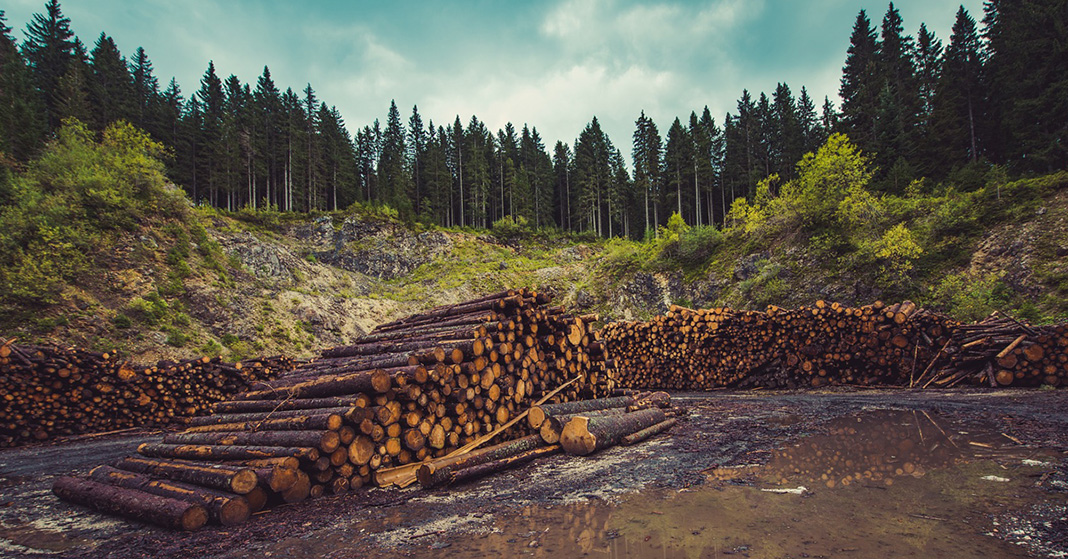
The aftermath of the Fall is all around us. Today’s mounting concern about issues such as global warming, deforestation, and animal extinction is evidence of that, and homeschool families like yours are often more aware of current issues and events than others.
Though we don’t have the power to stop the deterioration of our environment, it’s our duty as good stewards to care for the world God has given us to the best of our ability. While it may be true that those who spend their lives studying the climate, plants, and animals know best how to care for them, that doesn’t mean we all have to become meteorologists, ecologists, and botanists in order to fulfill our responsibilities. You may have dreamed of your child one day making a great scientific contribution—what parent wouldn’t?—but not every child can be a scientist.
So what is the bigger purpose of your children studying science from elementary to high school? Studying science should give your children the tools they need to take better care of creation.
There are two key tools that your children will gain in science lessons.
• A practical understanding of how the world works
When they know how the world works, they can make informed decisions about real-world issues. If your children don’t know the factors that contribute to climate change, they won’t be able to choose a practical solution to incorporate into everyday life. They may choose something that seems effective without knowing the consequences of that choice. On the other hand, if your children do know those factors, they’ll be able to recognize when suggested solutions either won’t last or will merely substitute one problem for another.
• The ability to think like scientists
Science should teach your children to research, observe, and verify under varying circumstances. Rather than expecting them to go into their adult lives pre-equipped with all the knowledge they will need, we should make sure our children are able and willing to do the work of finding answers to problems they’ve never encountered before.
As a graduate assistant, I helped teach a rhetorical writing class. My students all had to write their research papers on energy technology and policy, a subject most of them knew very little about. It was always obvious when my students thought they could succeed in writing the paper through their own knowledge of the subject alone. They weren’t willing to find out what they needed to know about energy in order to do well on the paper.
BJU Press textbooks drive home a practical understanding of the world and of scientific thinking as they weave together a biblical worldview (presenting the Creation Mandate for Christians as well as the demonstration of God’s character in nature) and the discipline of the scientific method. Life Science for Grade 7 explores the potential benefits of biofuels, while Biology for Grade 10 focuses on a balanced view of the conservation of the earth’s resources.
Armed with both an understanding of the world and a willingness to learn, your children will be better equipped to appropriately use creation, even if they don’t develop a revolutionary new fuel system.